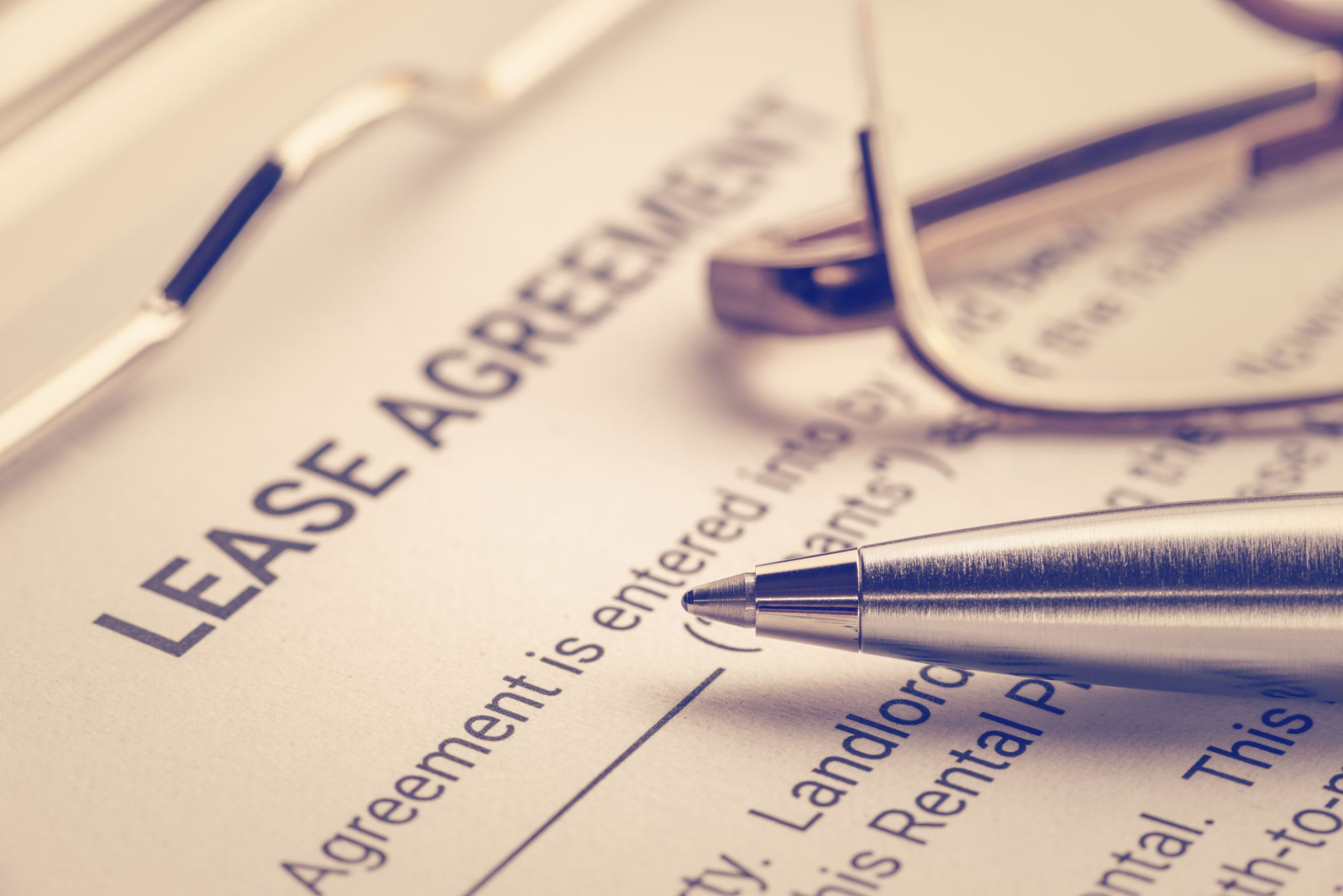How to Choose the Right Equipment Finance Option for Your Business
Understanding Equipment Financing
Choosing the right equipment finance option is crucial for the growth and efficiency of your business. Equipment financing can help you acquire necessary machinery, vehicles, or technology without the full upfront costs. This allows you to maintain cash flow while still investing in essential resources.
Equipment financing typically involves either loans or leases. Understanding the differences between these options, as well as their advantages and disadvantages, will help you make an informed decision. Below, we explore these options and provide guidance on selecting the best fit for your business needs.

Equipment Loans
An equipment loan allows you to purchase equipment outright, with the loan amount covering a significant portion of the purchase price. Once you repay the loan, you own the equipment outright. This is beneficial if you plan to use the equipment for a long time, as it becomes a business asset.
Benefits of Equipment Loans
Ownership: You own the equipment once the loan is paid off, which can be advantageous if the equipment retains value.
Tax Benefits: Interest on the loan may be tax-deductible, reducing your overall tax burden.

Equipment Leasing
Leasing equipment means renting it for a specific period. While you do not own the equipment, leasing can provide flexibility and lower initial costs. This option is ideal for businesses that need to upgrade frequently or those with limited capital for large purchases.
Types of Equipment Leases
- Operating Lease: A short-term lease where the lessor maintains ownership, often resulting in lower monthly payments.
- Capital Lease: A longer-term lease that functions more like a purchase, with the option to buy at the end of the term.

Factors to Consider
When selecting an equipment finance option, consider your business's financial health, how long you plan to use the equipment, and potential tax implications. It's essential to assess your cash flow and budget to ensure you can meet monthly payments without straining resources.
Evaluating Lenders
Research potential lenders by comparing interest rates, fees, and customer reviews. Consider working with lenders who specialize in your industry, as they often offer tailored solutions. Building a good relationship with your lender can also provide benefits like flexible terms or future financing opportunities.

Conclusion
Choosing the right equipment finance option requires careful consideration of your specific business needs and financial situation. Whether you opt for a loan or lease, ensure that it aligns with your long-term goals and current financial strategy. By making informed decisions, you can invest in necessary equipment without compromising your business’s financial health.
If you're unsure about which option to choose, consult with a financial advisor or a professional experienced in equipment financing. They can offer personalized advice and help guide your decision-making process.
